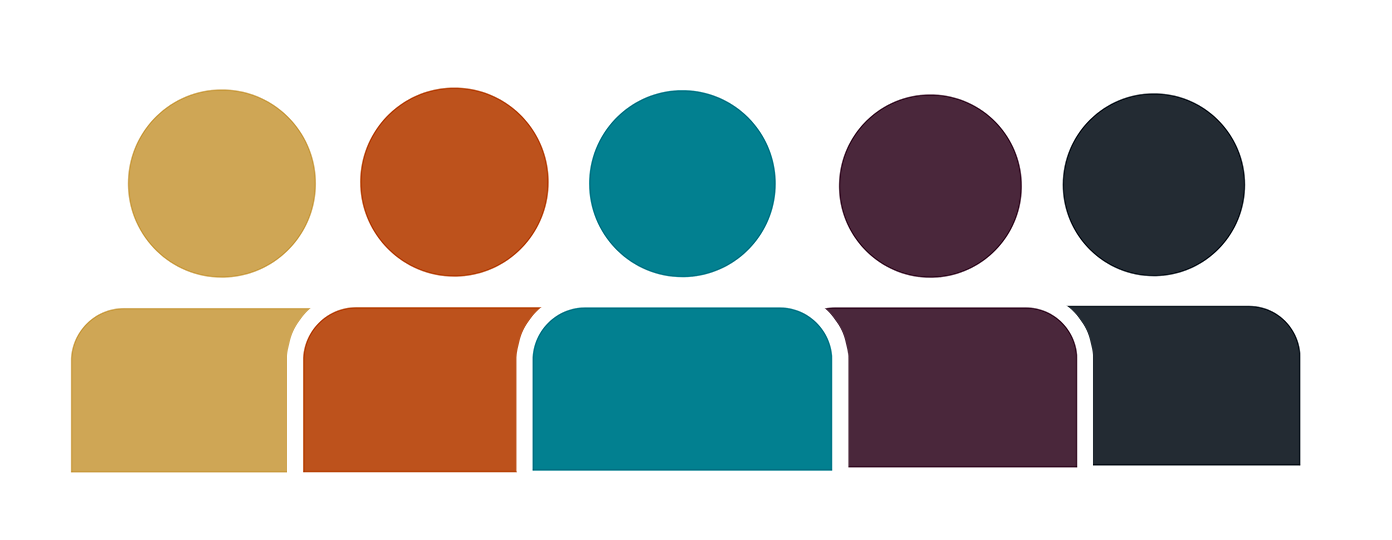Impacted Federal Employee?
If you are interested in making better outcomes for New Mexicans, contact us and a recruiter will help you match your skills to current open state jobs and support you through the application process.
Email: applicant.support@spo.nm.gov
Help Line: (505) 476-7759,
Hours: Monday – Friday: 8 a.m. to 5 p.m. MST
Additional resources for impacted Federal Workers are available here.

Impacted Federal Employee?
If you are interested in making better outcomes for New Mexicans, contact us and a recruiter will help you match your skills to current open state jobs and support you through the application process.
Email: applicant.support@spo.nm.gov
Help Line: (505) 476-7759,
Hours: Monday – Friday: 8 a.m. to 5 p.m. MST
Additional resources for impacted Federal Workers are available here.


